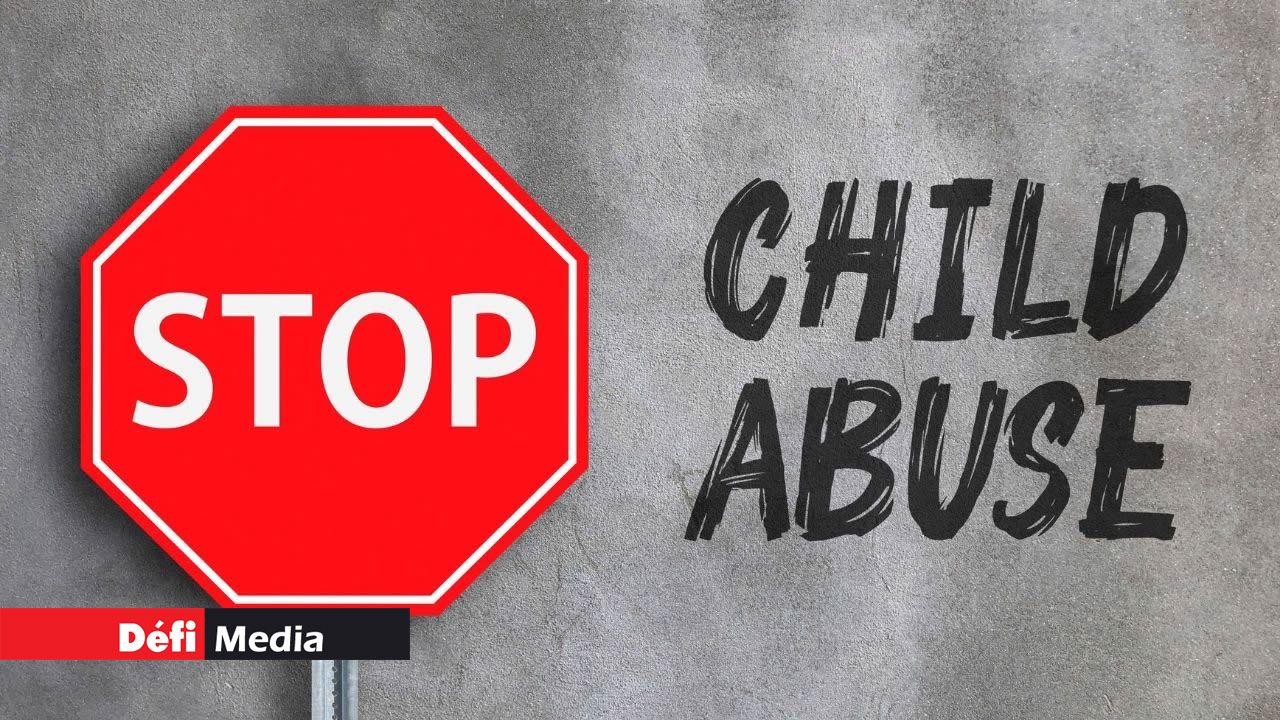
Pedophilia is a psychiatric disorder in which an adult or older adolescent experiences a primary sexual attraction to prepubescent children. A person must be at least 16 years of age and five years older than the prepubescent child for the attraction to be diagnosed as pedophilia (Psychology today, 2022).
Pedophilia is classified as pedophilic disorder in the diagnostic and statistical manual of mental health disorders 5th edition (DSM-5). It has been found that pedophilic sexual offenders are often family members, friends or relatives of the victim. Studies also suggest that children that feel unscared for or lonely might be at higher risk of sexual abuse (Psychology today, 2022).
It is interesting to note that pedophilia is thought to be a male phenomenon. There is no estimate of pedophilic disorders in females, though it appears to be very rare. The prevalence of pedophilic disorder can only be estimated as there are likely many people with pedophilic disorder who hide their condition (Psychology today, 2022). The cause of pedophilic disorder is not well known. There is a proposition that this disorder may stem from potential relationship between hormones and behavior, particularly the role of aggression and male hormones.
There are some propositions with genetic factors as well as a history of sexual abuse being another potential factor in the development of pedophilia, although this is not proven (Psychology today, 2022). Pedophiles choice of career It was found that sexual abuse of children is the most pressing international issue (Texas law review, 1997).
In 1995, it was reported that over 350,000 incidents of child sexual abuse were reported in the United States. This figure only reflects a fraction of the assaults that happened as sexual abuse is often under reported. Further to this, it was found that before the age of eighteen, it was estimated that an average of one in three girls and one in seven boys will be sexually abused (Texas law review, 1997).
When it comes to career choice for pedophiles the choice is simple: working, volunteering and being around children is an advantage to the perpetrator. It was found that volunteering organizations such as girl scouts, boy scouts are particularly susceptible to infiltration by child sex offenders (Texas law review, 1997). Moreover, it was found that in scouts, sexual abuse was more common than accidental deaths and serious injuries combined. It is important to note that not only is an adult leader allowed to join such an organization which guaranteed access to a group of children but also is placed in a position of authority and trust (Texas law review, 1997).
There have been 700 suspected pedophiles reported in Britain which included: teachers, carers, government officials that have been arrested for child sexual abuse in 2015 (Sophie Evans, 2015). Around one in seven of those were employed in, volunteered in a position of trust, with suspects working in education, law enforcement and criminal justice. Specifically, 32 were in teaching and education, working directly with children, 23 in medical or caring positions, 15 in law enforcement and 24 volunteering with children under the age of 18. Thus, we can clearly understand that child sex offenders are more likely to look for job or positions that will facilitate their proximity and relationship with children, such as: being a teacher, working in law enforcement which also can give them more power. Stricter regulations and laws to protect our children There is a need for screening and background checks for selecting employees and volunteers.
We need to protect children and screen out those who have potential to cause harm. Employing a child sex offender can happen for several reasons. Firstly, the majority of child sex abuse is not reported to authorities, not every offender has a criminal record. In many instances, suspected offenders have been allowed to resign and are not reported to authorities, which means that these offenders can later apply to new school districts (Safe kids thrive, 2022).
Therefore, the use of screening tools needs to be implemented. The existence of screening tool and hiring policy can also act as deterrent to those who would seek to join an organization with the intent to sexually abuse children. Screening and hiring policy will also increase the parents’ confidence in the organization and in the safety of their children (Safe kids thrive, 2022).
It is important to know that screening means that all employees staff, volunteers and other members of the community those potential employment or volunteer service involves direct contact with the potential unmonitored access to children (Even including any individuals that provide transport to children, taxi or bus drivers) should be given thorough reference, background checks, which include reviewed of criminal and sexual offenders’ records.
The screening for child sexual abuse needs to be integrated into standing screening procedures that all organizations use to fill both paid and volunteered positions.
In Australia, they use the blue card system to regulate activities that are essential to children’s lives, while protecting them. The blue card is more than a police check. It looks for charges and any offence in Australia and outside of Australia.
This procedure is done for individuals that work/volunteer or are around children in childcare, education, sport, cultural activities, foster care. They check and monitor people who work in these industries and help organizations to create a safe environment for children. All applicants with a blue card holder are monitored by daily by the police.
This means that they are notified if there is a change in an applicant or card holder’s police information. We understand that there are many tools that can be used to create safer environments for children.
Furthermore, safe environments don’t just happen – they are created through intention, action, planning, ongoing management and regular reviews. Recommendation to the Mauritian authorities on how to screen people It is recommended that organizations that are bound to work/volunteer or interact with children/youth have a well-developed child and youth risk management strategy which will then help the authorities and employees throughout the screening process.
The strategy: 1. Code of conduct 2. Recruitment, selection and management 3. Commitment to reporting disclosures and suspicion to harm 4. Risk management and plans for high-risk activities 5. Managing compliance between organizations and the authorities (smooth operation and clear procedures between the two to undergo the screening procedures) 6. Communication and support
As mentioned above, the blue card system, which is currently in use in Australia is an excellent screening tool. Thus, this could be of use in Mauritius. It is important to note that screening procedures need to be done at the organization level and with the authorities; both complement each other.
Here are some bullet points on how screening procedures could be made in Mauritius to lower the count of child sex abuse and protect our children: 1. The organization must establish a formal and compulsory formal recruitment process. 2. The organization must provide clear role description so that the employee knows what to expect 3. Interviewing the applicant as part of formal procedure 4. Three compulsory references from the employee (academic, professional, family) 5. Home visits 6. Provide shadowing period to observe how the employee behaves around children 7.
Compulsory criminal record and blue card The final step to this screening procedure for an organization is to ask the employee to provide a blue card or (child safety card) – this card should be made compulsory to have for any person working with children or youth (working with persons under the age of 18).
Following this, the employee now needs to go to a police station and undergo a police background check. The Mauritian authorities should have a well-kept file or data on individuals – especially offenders.
The police background check should underdo thorough investigation on any charges that this person may have obtained – the police check if done in a police station on the north side of the island should communicate to all other police stations around the island to ensure that no criminal record has gone under the radar.
Once thorough investigation has been made the person can obtain their blue card which must be renewed every 2 years. If any criminal offences are found for the person wanting to work with children (under the age of 18) they will be denied their blue card and therefore will not have the right to work or volunteer with children and youth.
Lastly, we must take into consideration the choice of career of child sex offenders and why they would choose to work closely with children. We must understand their motives and protect children.
We can work together to develop screening tools and child/youth risk management strategies to ultimately decrease the rates of child sexual abuse (Queensland government, 2022).
Publicité
About the author:
Camille Montocchio Bachelor of Psychological Science with Honours Diploma in Mental Health Psychosocial officer at Centre Frère Réne Guillemin Psychologist intern at Pedostop

Notre service WhatsApp. Vous êtes témoins d`un événement d`actualité ou d`une scène insolite? Envoyez-nous vos photos ou vidéos sur le 5 259 82 00 !





















![[Info Soirée] : La bataille des foules a bien eu lieu](https://defimedia.info/sites/default/files/styles/square_thumbnail/public/thumbnail_050124_1.jpg?itok=C_fJcP5e)